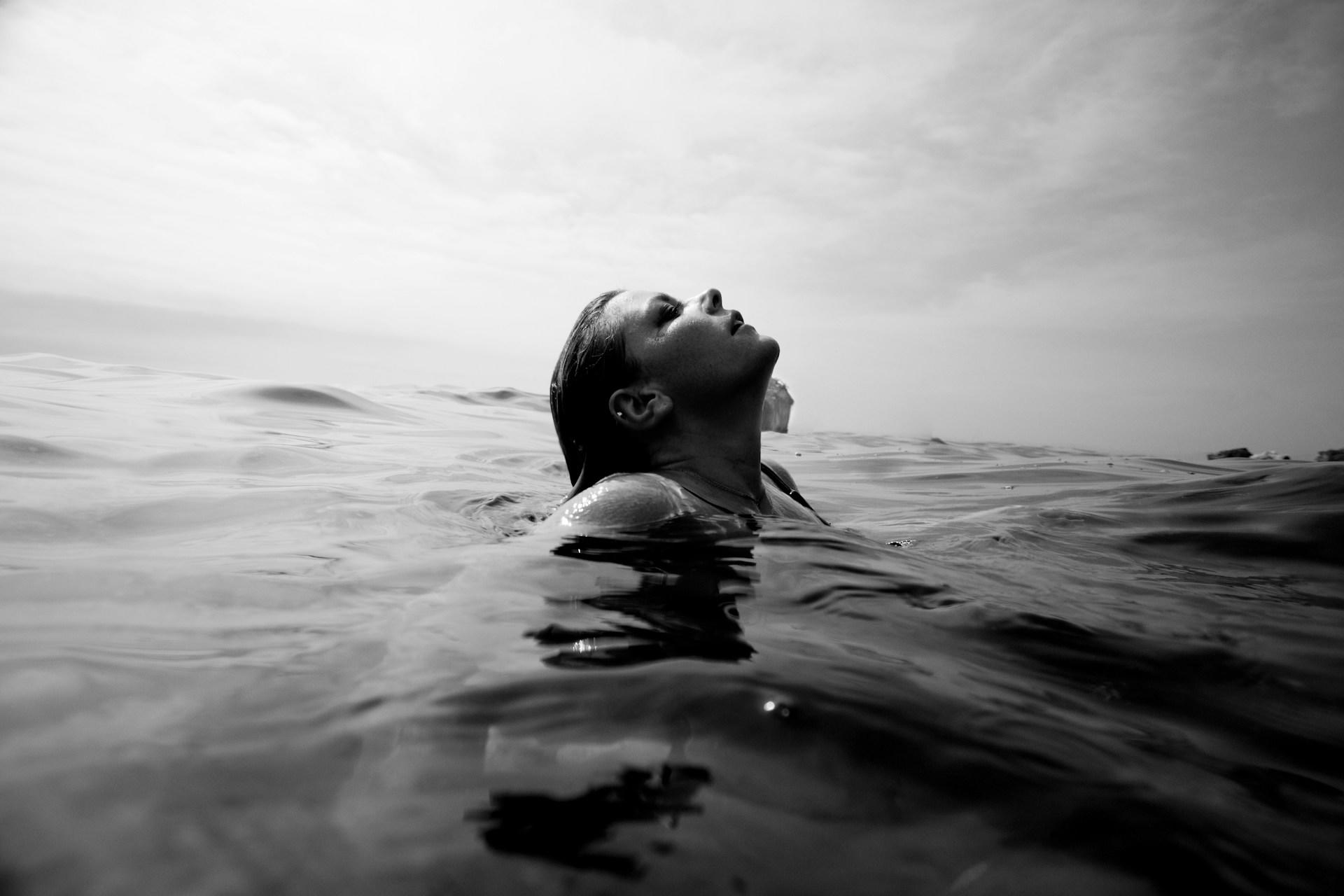Cold water swimming takes place in waters between 32°F and 50°F. It certainly isn't the easiest pursuit for Americans, but for those interested in doing it, there are many benefits.
In this article, we'll look at both the benefits as well as the risks of cold water swimming and while there are certainly a lot of benefits to cold water swimming, there are some very serious risks that also need to be taken into account.
Make sure you're aware of them all before you take up cold water swimming.

The Benefits of Cold Water Swimming
Despite how awful getting in cold water can feel, especially the first time you do it, you might be surprised to find that there are lots of benefits to doing it.
Here are just some of the most important ones that make it all worthwhile for fans of cold water swimming, which is a type of wild swimming that takes place specifically in colder waters.
Cold Water Swimming Can Boost the Immune System
Immersing yourself in cold water has been shown to stimulate the immune system and increase the number of white blood cells in the body. Combine this with regular exercise and you might find yourself getting ill less regularly.
This immune reaction is supposedly caused by the stress reaction to cold water and if you've ever got into water that's less than 50°F, you'll likely have no problem understanding why your body would react in such a way.
Cold Water Swimming Puts You in a Good Mood
You probably won't be in the best mood the first time you plunge yourself into freezing water, but afterwards, you'll feel great.
The endorphins and other hormones released when you get into cold water provide mental health benefits both during and after swimming.
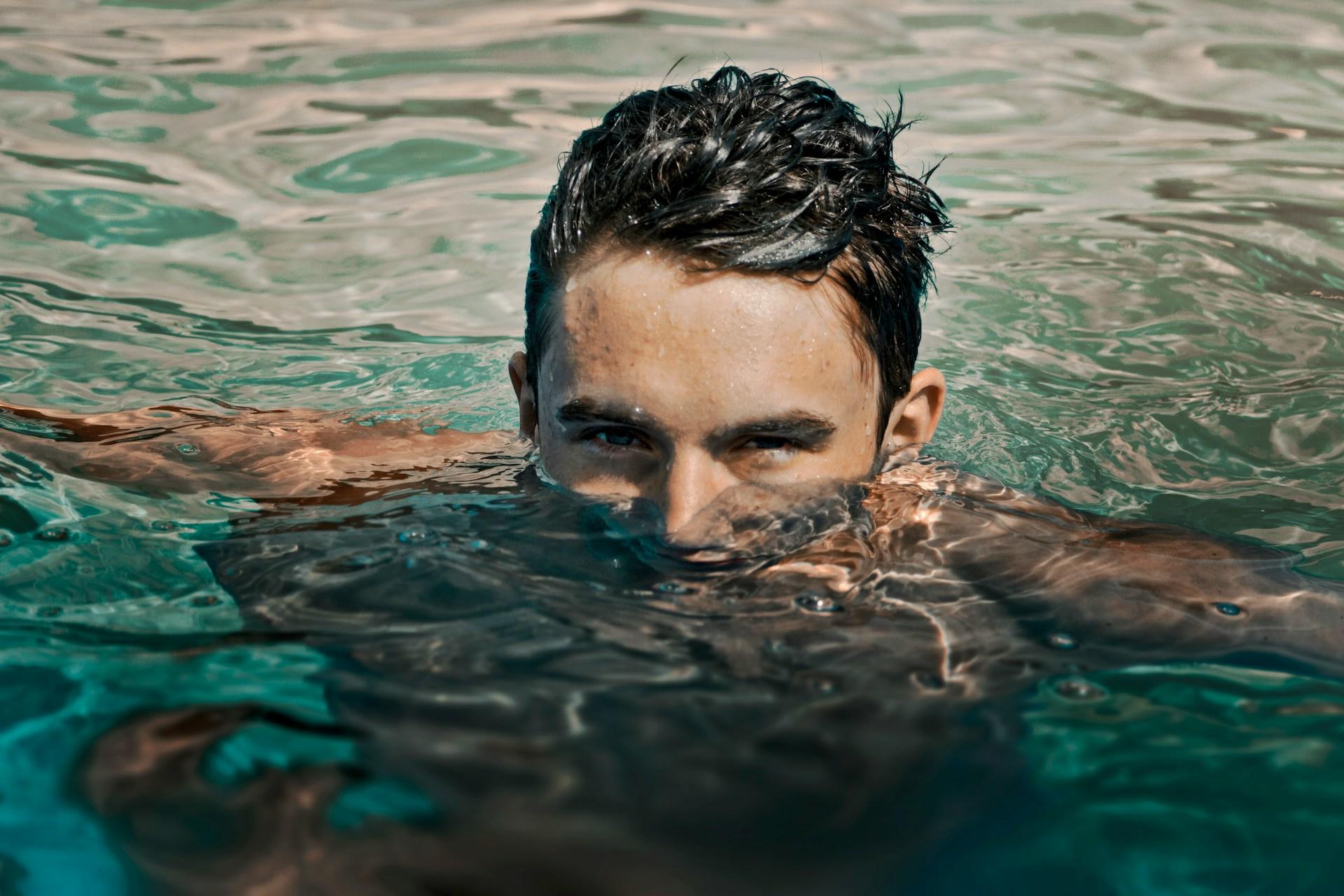
We can't vouch for how you'll feel before you do it, though!
Cold Water Swimming Can Lead to Improved Circulation
This is probably one of the biggest benefits touted by those who enjoy cold water swimming or simply taking cold showers.
Cold water swimming improves your circulation by first constricting your blood vessels and then expanding them.
This improves your cardiovascular health and reduces the risk of heart disease. However, for those already with poor cardiovascular health, be careful, as there are risks to doing this that we'll get to later in the article.
Your Libido is Increased by Cold Water Swimming
While a cold shower is suggested to reduce certain urges, the increased production of testosterone and oestrogen from cold water swimming is said to increase confidence, self-esteem, and libido.
Cold Water Swimming Leaves You with an Increased Metabolism
Cold water swimming will make you burn calories both during and after your swim. While wild swimming in more temperature waters will also burn calories, your metabolism after swimming in cold water is generally higher.
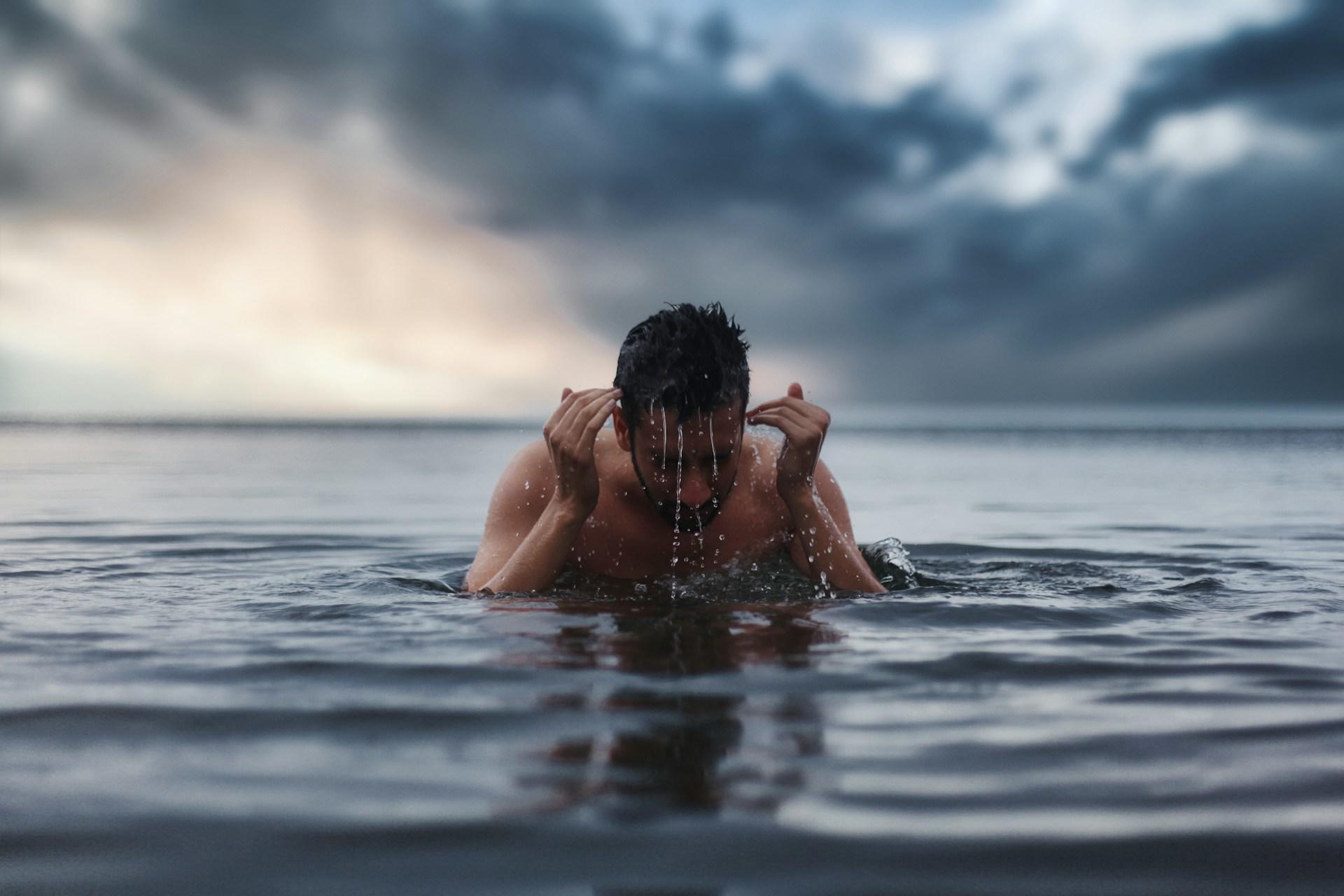
You'll Feel Less Stressed After Cold Water Swimming
The endorphins that improve your mood can also help you to feel less stressed. We can't guarantee your first plunge into cold or icy water will be stress-free, but the more you do it, the more you'll feel the benefits.
Cold Water Swimming Can Improve Your Mental Strength
A lot of cold water swimming is mind over matter. It's as challenging for your mind as it is for your body and the more often and longer you spend feeling uncomfortable, the more your mind has to adapt to it.
After swimming in cold or icy water, you'll unlikely sweat the small stuff as it'll pale in comparison to that first time you went cold water swimming!
You Get More Energy from Cold Water Swimming
After swimming in cold water, you'll feel far more awake and energetic. This affects both your body and mind as the shock stimulates your nervous system.
A lot of cold water swimmers enjoy taking the plunge to start their day because of just how awake and alert they'll feel afterwards.
Cold Water Can Relieve Inflammation
Anybody who's ever had an injury or any swelling will likely have heard that they should put ice on it.
Instead of putting ice on the affected area, you could just get directly into cold water (once you're acclimatized) and go for a swim. The benefits are similar and it works across the whole body.
For conditions like muscle soreness following intense exercise, chronic pain, and even arthritis, cold water swimming can help.
Cold Water Can Improve Your Skin and Hair
While maybe not the most important benefits for some, your skin and hair will also benefit from a dip in some cold water. This is because the cold water causes pores to close and hair cuticles to seal.
The Risks of Cold Water Swimming
While we've listed several benefits to cold water swimming, we have to be clear that swimming in very cold water isn't without its risks and certain individuals are advised against even trying it.
Here are some of the risks you should be aware of before considering any kind of cold water swimming.
Before you do any cold water swimming, make sure you check with a medical professional that it's right for you.
Cold Water Swimming Can Cause a Cold Shock Response
The cold shock response can make you gasp or hyperventilate, and your heart rate and blood pressure go up, which are all things that aren't ideal when on dry land, let alone when in icy cold water.
The cold shock is particularly risky if you gasp for air while underwater, which can lead to drowning. Generally, cold water swimmers will look to acclimatize their bodies to cold water over time.
They'll also start with dips into shallow bodies of water where the risk of drowning is minimal and with more temperate waters.
Cold Water Swimming Poses a Very Real Risk of Drowning
No matter what kind of swimming you're doing, you need to respect that there's always the risk of drowning.
There's a very good reason that pools have lifeguards and many rules about poolside behavior.
Make sure you have solid swimming skills with swimming lessons on Superprof.
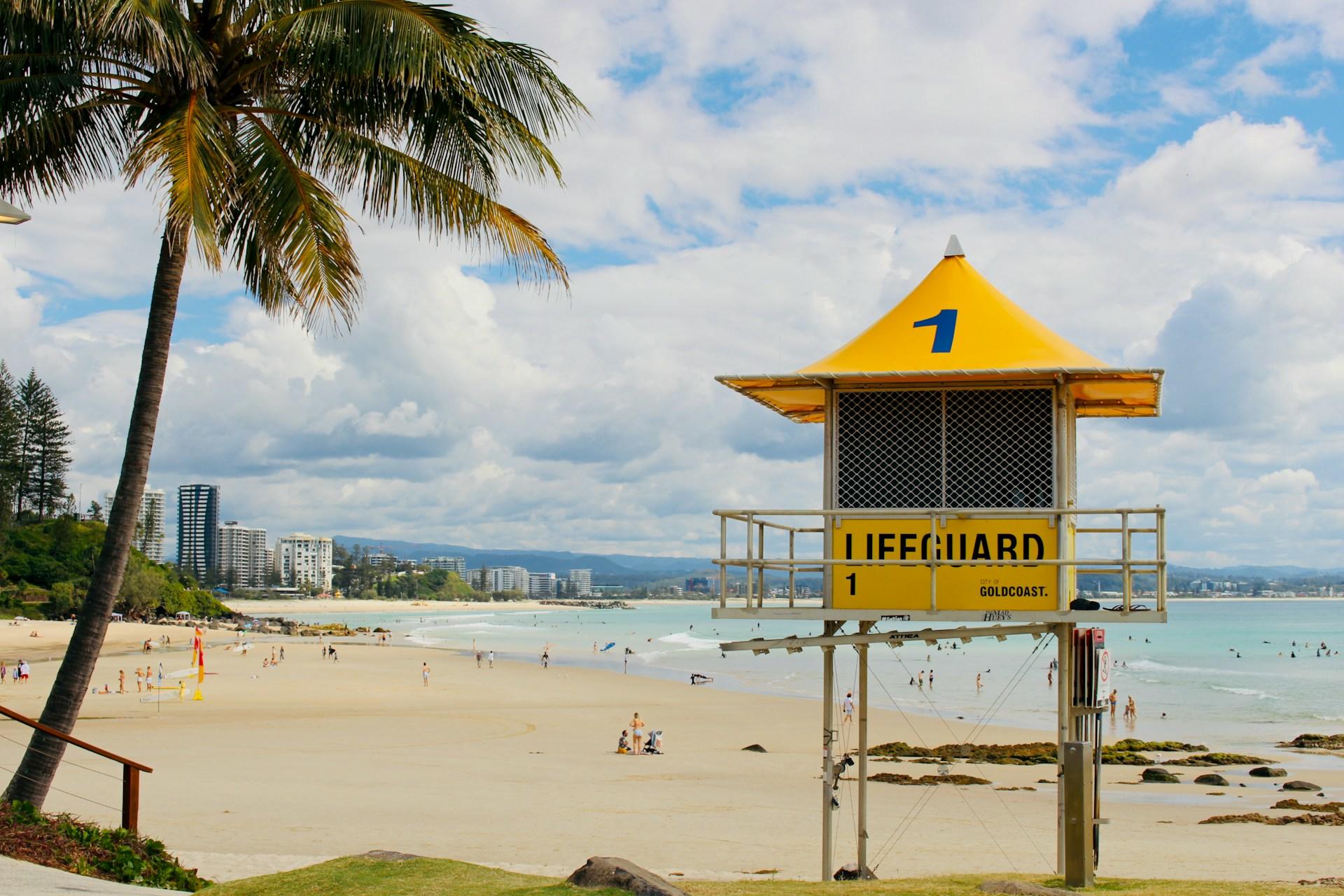
The physical effects that cold water can have on you can increase your risk of drowning as the challenging circumstances make swimming more difficult.
There's a Risk of Hypothermia with Cold Water Swimming
Hypothermia is when your body temperature is too low and your body can't produce enough heat fast enough.
Hypothermia isn't just being cold, it's a serious condition resulting in shivering, confusion, fatigue, and loss of coordination, several symptoms that become even riskier when the person is swimming.
in water under 59°F!
Cold Water Swimming Can Lead to Post-immersion Collapse
The risks of cold water swimming can persist even after the individual is out of the water. Following a spell in cold water, the swimmer's blood pressure may drop, leading to a loss of consciousness.
Fainting is dangerous, particularly due to the damage that can be sustained when they fall. It's very easy for somebody to sustain serious injuries when fainting as they won't make any effort to soften their fall.
There's a Risk of Panicking when You Swim in Cold Water
The cold shock response can make you hyperventilate and gasp for air, but cold water swimmers are at a risk of panicking.
Once a person is disorientated, confused, or panicking, the likelihood of accidents and drowning will greatly increase.
Again, water needs to be respected and swimming in cold water poses risks that make swimming safely harder to do.
Cold Water Swimming Can Make You Go Numb
The sheer coldness of the water can make you numb, which makes swimming more difficult. When an individual is so cold that they can't swim effectively, their risk of drowning will certainly increase.
Sharpen your swim skills with swimming lessons on Superprof.
Is Cold Water Swimming Good or Bad for You?
Like any adventure, swimming in cold water has inherent risks, knowing these beforehand is crucial. If you're starting out, advice from experienced swimmers is invaluable. Their tips can be the key to not just enduring but thriving in the cold.
If you have any medical history that may affect your ability to participate in cold water swimming, then you should definitely speak to your doctor or a medical professional about it.
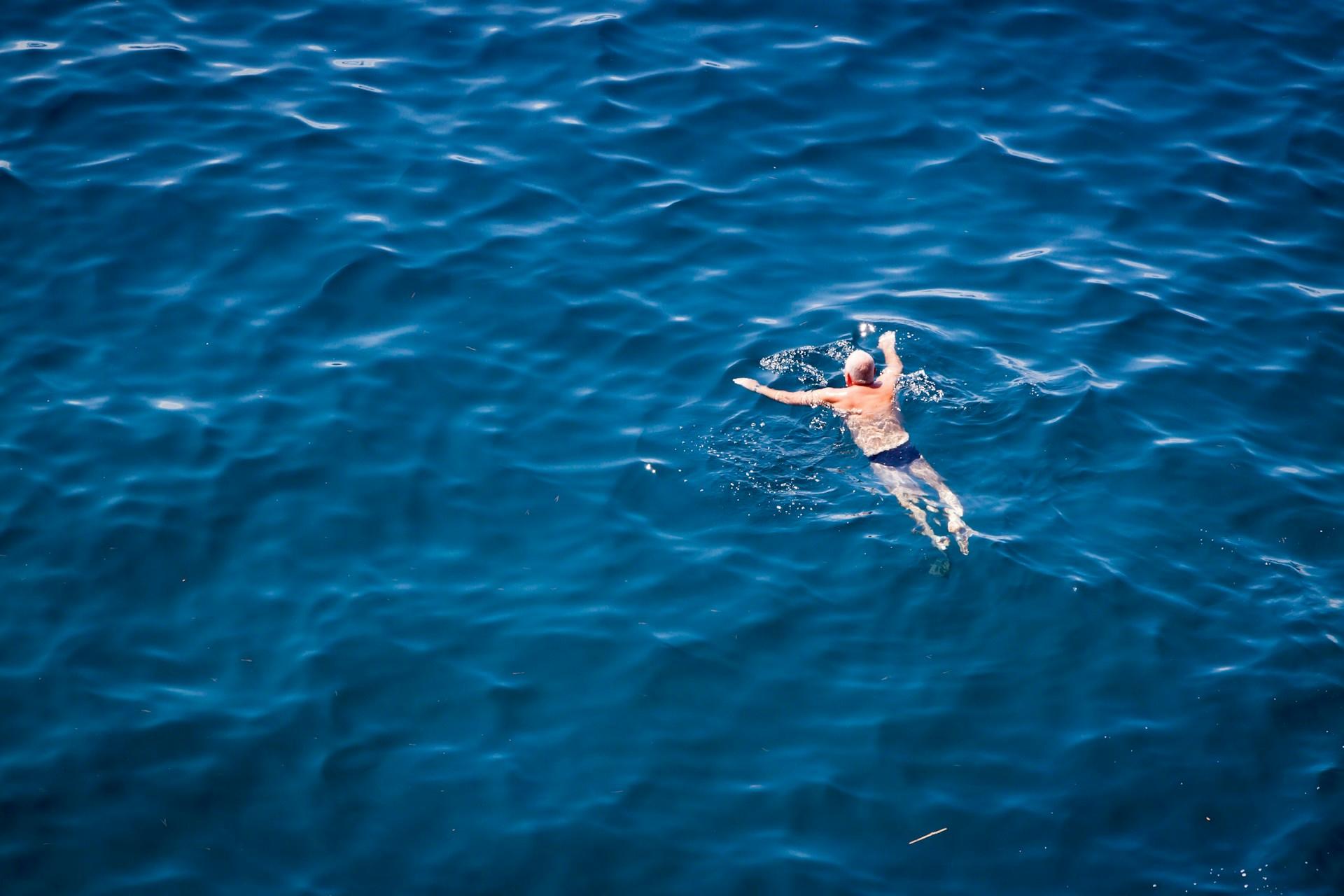
The important thing is to work out the benefits versus the risks, listen to the right advice, mitigate risks, and adequately prepare for cold water swimming.
Acclimatize yourself to cold water in a safe and low-risk environment before attempting any cold water swimming. It can also help to practice breathing techniques to overcome the hyperventilation and panic that can occur with cold water swimming.
A good cold water swimming experience is all about taking the proper safety precautions and remember that not only does this include the proper equipment, but it also means cold water swimming with others so that there's somebody on hand to help you if you need it.
Interested in learning more about cold water swimming? This video should help.
If you're swimming in cold water and start to have any doubts about your well-being or the well-being of somebody else, then it's likely time to get out of the water.
Find swimming lessons near me on Superprof!
Summarize with AI:

